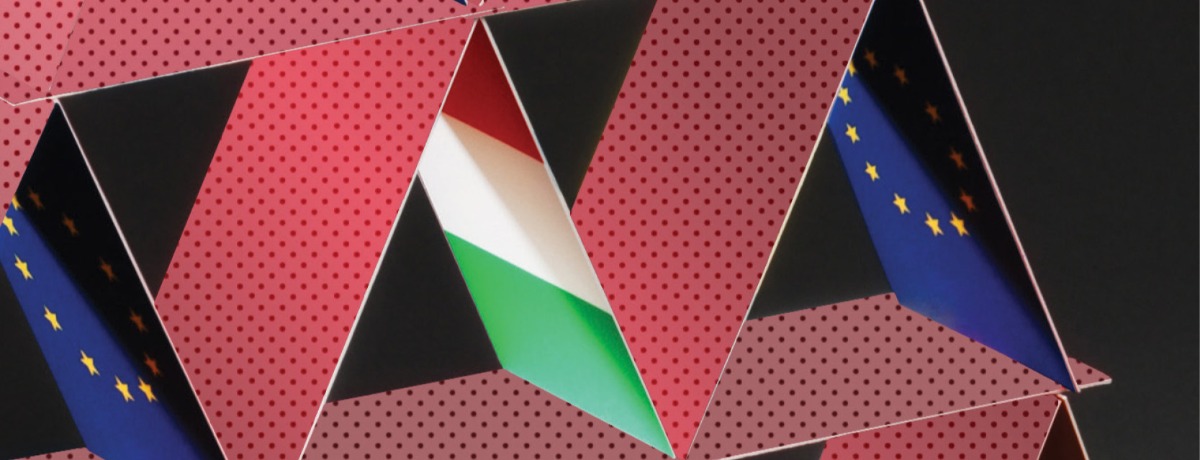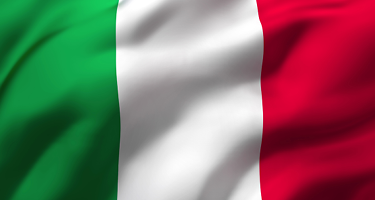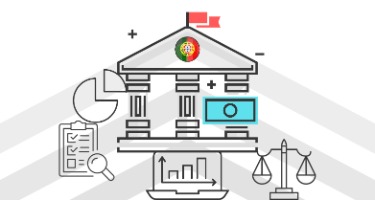Italy’s economic and political dysfunction has become a global problem. Frustrated by years of stagnation, Italian voters this spring ushered in an antiestablishment government that threatens the very stability of the European Union. The new ruling party itself comprises two odd bedfellows: the traditionalist, nationalist, anti-immigration League party and the leftist Five Star Movement, which promotes a welfare state and universal income. After voters didn’t give a majority to any single party in March’s elections, the League and Five Star joined forces in early June to form Western Europe’s first populist government.
“It’s sort of like a coalition of Donald Trump and Bernie Sanders,” says Jacob Funk Kirkegaard, a senior fellow at the Peterson Institute for International Economics in Washington, D.C.
Now, under new interior minister and League leader Matteo Salvini—who has emerged as a de facto prime minister—the coalition is pushing a euroskeptic, antiestablishment agenda that poses a serious threat to Europe’s liberal establishment as well as to worldwide financial stability.
Since June, Salvini has demanded a census of Italy’s Roma population to pinpoint who should be deported; threatened to pull Italy out of the Canada-EU trade agreement; denounced the fiscal rules that prevent EU countries from running large budget deficits; and made friendly overtures to Russia. He has also called for a pan-European alliance of populist parties to unite the region’s anti-immigrant groups.
What happens next is anyone’s guess—but here’s what we’ve learned so far.
In the face of economic disenfranchisement, anger grows—as does political extremism.
Italy has one of the highest unemployment rates in Europe, at 11 percent. Businesses are strangled by taxes and bureaucracy, so many young people must emigrate to find work. As a result, the number of Italians registered as living abroad skyrocketed 60 percent, to nearly 5 million, between 2006 and 2017. For those who remain, the future looks grim: Almost 30 percent of Italians between 20 and 34 aren’t working or studying, according to Eurostat. This economic stagnation has sparked virulent anger at the European Union that unites the League and Five Star. Both parties, along with a sizable chunk of Italians, believe their country has been abandoned by the EU. Salvini and his Five Star counterpart, Luigi Di Maio, say Italy has been forced to handle an overwhelming influx of migrants while suffering through what they say is a draconian austerity-based economic model that has failed to boost Italy’s fortunes.
To understand their anger, it’s important to look back to the late 1990s. Since the beginning of the euro, Italy’s weak economy and hefty public debt sparked concern. When Italy’s GDP collapsed during the financial crisis, its situation worsened and the EU cracked down even harder on fiscal stability, says Carlo Bastasin, an Italian journalist and a senior fellow at the Brookings Institution in Washington, D.C. The EU’s demand that Italy reduce its deficit spurred even worse economic problems, which created more anger and disillusionment. Today, “both Italy and Europe are stuck in a credibility doom loop,” Bastasin says, as neither side trusts the other to act in their shared best interests.
That distrustful attitude is pervasive among young voters, many of whom must continue living with their parents well into their 30s due to limited job opportunities. “It’s quite striking that young Italians are voting for the most illiberal and nationalist platform,” says Kirkegaard. “It’s very unlike what we’ve seen in most other countries, where those sorts of votes are associated with retirees who are voting for nostalgia.”
Though the League and Five Star have united by capitalizing on Italy’s frustration and anger, their ideologies are mutually exclusive
Despite shared populist rhetoric, the two parties have radically different economic agendas: The League advocates dramatic reductions in personal income tax and protectionist measures against global trade, while the Five Star Movement wants to increase public spending and boost benefits for the poor and unemployed.
“Their governing platform is essentially a combination of unsustainable right-wing policies, like huge tax cuts, and unsustainable left-wing ones, like a universal income,” says Kirkegaard. The combination, he says, would lead to a budget deficit of as much as 9 percent, from just 3 percent today.
In addition to hiking spending and cutting taxes, the new coalition also wants to reverse the pro-growth reforms approved under the past four governments, Bastasin says: “The problem is that the populists’ economic plans are detrimental for Italy’s growth and employment.”
For better or worse, we live in an interconnected world—which makes any attempt at resolution all the more complicated.
Italy’s new government threatens not just the European Union, but worldwide financial stability, too. Since the coalition took control, observers have worried that it might abandon the euro in order to regain control of interest and exchange rates in Italy. That could spell the end of the European Union’s common currency. Even mere suggestions that Italy, which holds the world’s third-largest public debt, might attempt to pay it back in a non-euro currency roiled global financial markets in early June.
Moreover, a populist Italian regime makes it difficult for French President Emmanuel Macron and other EU leaders to move forward with plans to further integrate and strengthen the 28-nation bloc. The populists’ ascent also introduces a pro-Moscow element that could run afoul of the U.S.
But perhaps the most destabilizing element of Italy’s new government is its hard-line refusal to continue accepting migrants. In the past four years, the country has absorbed 600,000 people fleeing Syria, Iraq, Afghanistan, Tunisia, and Libya. Salvini, the League leader, has emerged as the Donald Trump of Europe regarding immigration. He recently closed Italy’s ports to nongovernmental-organization boats harboring rescued migrants and has spoken of closing the country’s borders entirely—a direct affront to the democratic EU principle of freedom of movement.
Europe’s future, then, is inextricably linked with Italy’s—which is in the hands of a volatile group. Though the new government has already backed down on its early threats to exit the euro, onlookers say it may well have to make good on some of its campaign promises.
“At some point this government is going to have to make up its mind: Does it want to be the populist government that it was elected as, or does it want to morph into something more traditional?” Kirkegaard says. “My guess is they will have to do some of the crazy things they promised.”

























